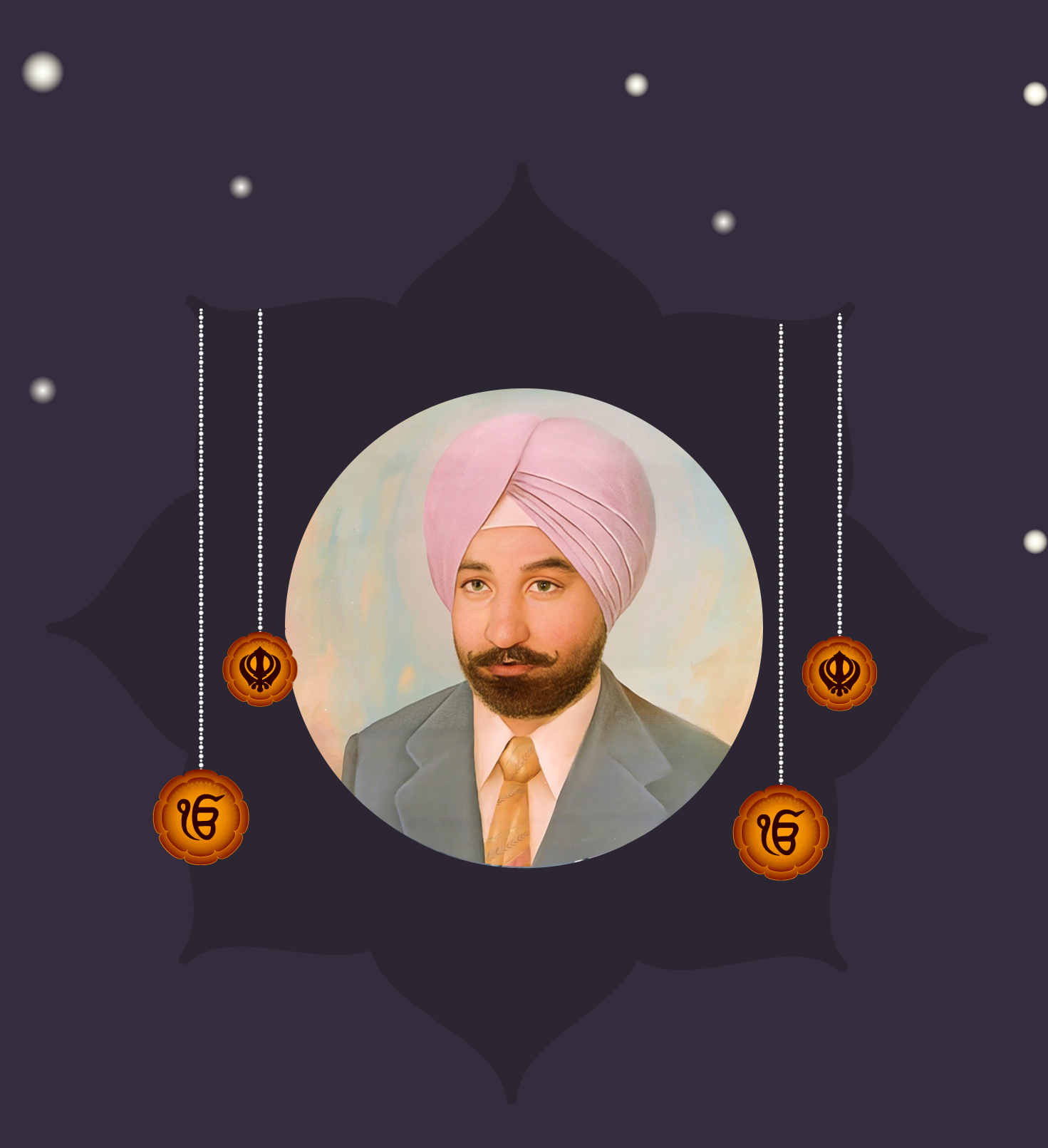
Beant Singh was born to Baba Sucha Singh and Kartar Kaur in a Ramdasia Sikh family of the Julaha tribe. Bimal Kaur Khalsa, the widow of Singh, was imprisoned after having first joined a Sikh militant group [3]. She then won the Ropar Constituency seat. Baba Sucha Singh, his father, was also a Bathinda-born elected member of the Lok Sabha.
Prime Minister Indira Gandhi was assassinated by two men: Shaheed Bhai Beant Singh, son of Sardar Sucha Singh, and a native of Malwa village in the Ropar region of Punjab, India. In retaliation for the Indian Army's raid on the Golden Temple, the holiest Sikh temporal seat Akal Takhat, and the subsequent murdering of Sikhs in the countryside that resulted in the deaths of hundreds of people, he and Mr. Satwant Singh killed Gandhi.
Operation Blue Star was the name of the June 1984 attack by the Indian Army, carried out on Indira Gandhi's instructions against Sikh separatists, including Sant Jarnail Singh Bhindranwale, who was holed up in the fortified Harmandir Sahib complex. The Harmandir Sahib complex sustained significant damage to several of its old buildings, including the shrine itself. This army attack claimed the lives of hundreds of people. At the same time, attacks were launched on multiple other Sikh Gurdwaras. The historical Sikh reference library was later set on fire by the Indian army. The Sikh community was outraged by these events and claimed that the government had orchestrated anti-Sikh violence that followed and that the attacks had been prearranged. Despite being Indira Gandhi's bodyguards, Beant Singh and Satwant Singh killed her on October 31, 1984, in her park.
In the prime minister's security, Mr. Satwant Singh always worked the late nights, and Mr. Beant Singh covered the early morning duties. In order to collaborate with another guard to carry out their plan, Satwant Singh staged a stomach ailment on October 31. And on this day, at nine in the morning, while Indira Gandhi was walking from her home to her workplace on Safdarjung Road, Satwant Singh and Beant Singh shot her, striking her in the belly and chest with thirty-three bullets.
"We have done what we needed to, now you can do what you have to," they said as they put their weapons down on the ground. After being detained, they were brought to a room where Indian commandos began cursing at them. When Mr. Satwant Singh became enraged and slapped a commando, a scuffle broke out in which Satwant Singh took hold of the commando's pistol and other commandos opened fire. When a senior security guard arrived, Mr. Satwant Singh was in critical condition and was brought to a hospital, while Mr. Beant Singh passed away from bullet wounds he had received in the room.
Beant Singh's actions caused a flood of compassion among Sikhs for his immediate family, which helped them gain two seats in the Punjab state legislature. The lower house of the Indian Parliament, the Lok Sabha, has 552 members who are directly elected. The late Prime Minister Indira Gandhi was elected to the same house as well. Bimal Kaur Khalsa, his wife, first sided with Sikh militants after his death https://www.sikhiwiki.org/index.php/Beant_Singh before she was elected to the Lok Sabha from Ropar (Lok Sabha constituency). His father, Sardar Sucha Singh, was elected from Bathinda (a Lok Sabha constituency) as a member of the legislature. Sarabjeet Singh Khalsa is Beant Singh's son; he was just five years old when Beant Singh assassinated Indira Gandhi and later passed away.
The highest Sikh temporal seat, Akal Takhat in Amritsar, proclaimed Beant Singh and other former prime minister Indira Gandhi's assassins martyrs of Sikhism on January 6, 2008. The Golden Temple Complex celebrates the anniversary of his death each year. At the 2003 Bhog ceremony in Akal Takhat, Amritsar, the killer of Indira received tributes. A political party demanded in 2004 that Beant Singh's death anniversaries be observed in Akal Takhat. His death anniversary was commemorated in 2007 in several regions of Punjab as well as abroad. They were also referred to as "martyrs of the Sikh nation" by the SGPC in 2008. On October 31, 2008, Shiromani Akali Dal commemorated their death anniversary as a "martyrdom."